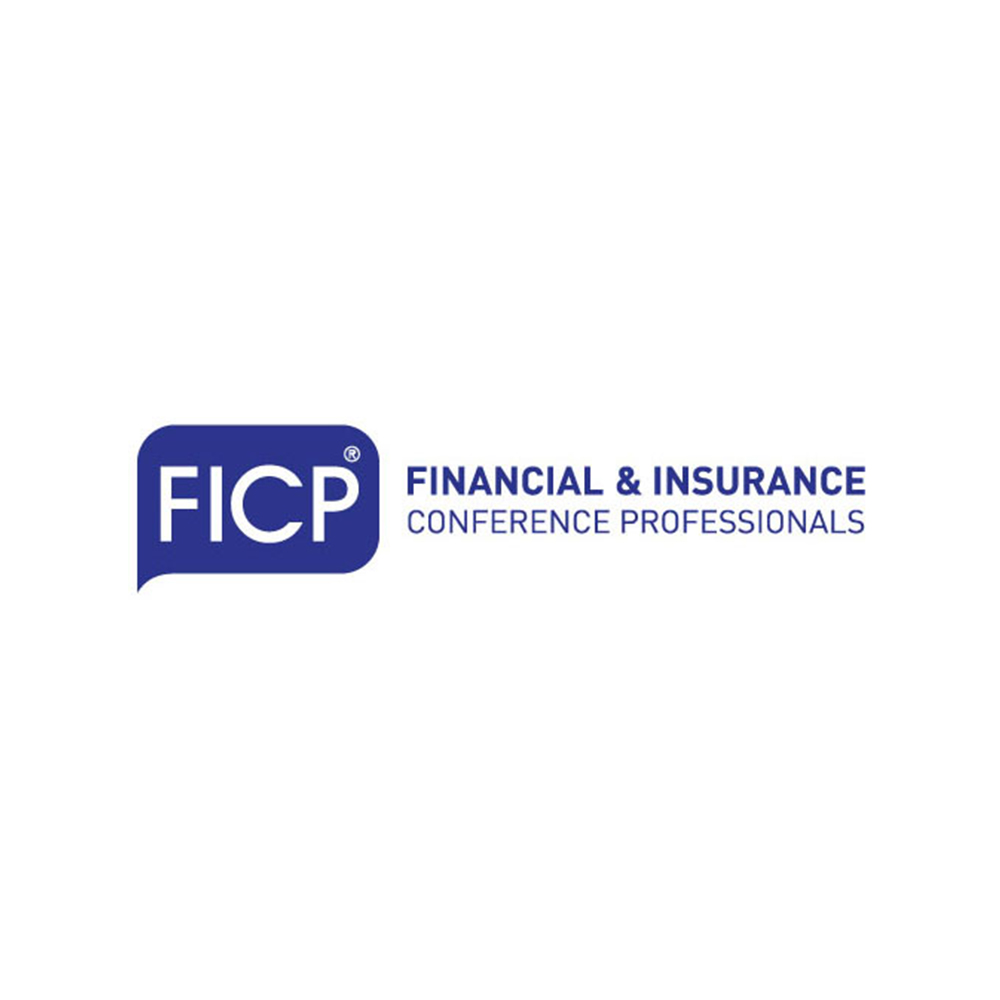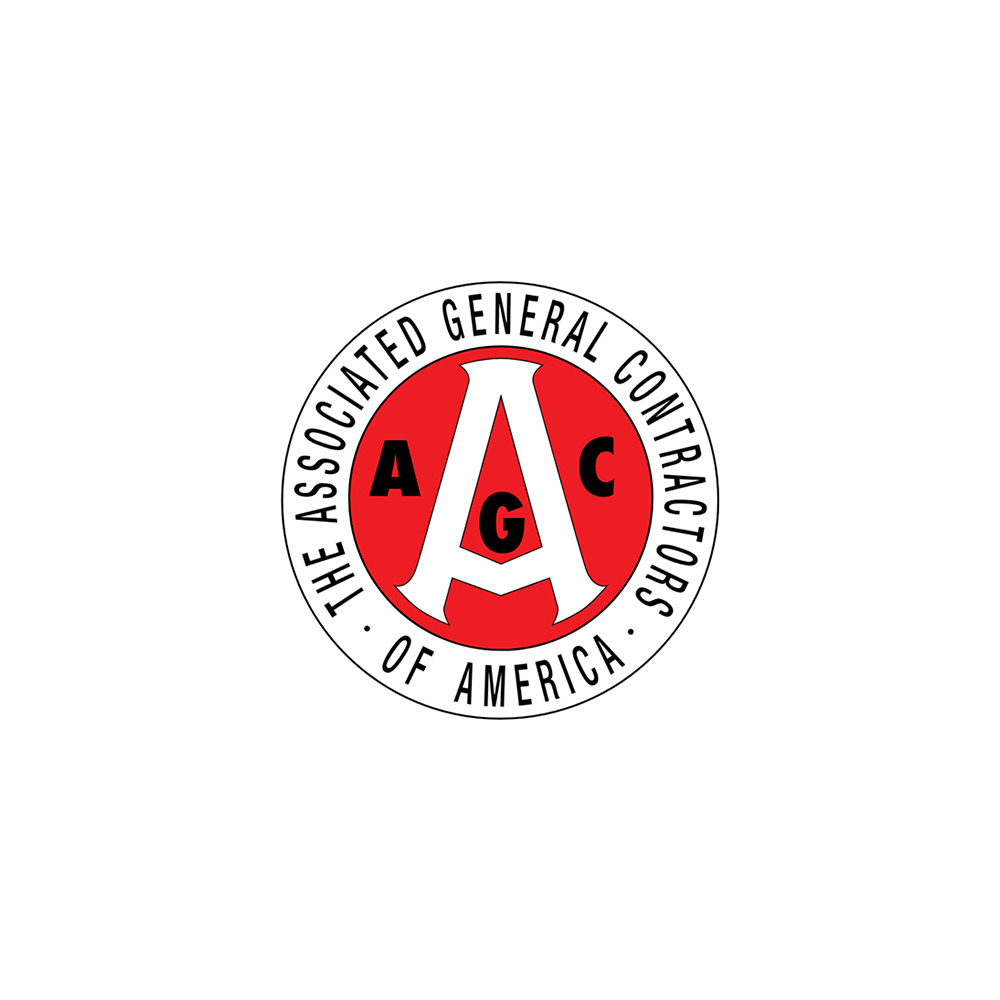Executive Coach vs. Management Consultant: What’s the Difference and Which Do You Need?
Executive coach vs. management consultant? What’s the difference? One helps you grow as a leader, the other fixes business challenges—but both can be game-changers.
*******
As a management consultant and executive coach, I often find that many leaders don’t fully understand the difference between these two roles. The terms are frequently used interchangeably, but they represent distinct approaches to problem-solving and leadership development. This confusion can lead to misguided expectations and missed opportunities. To make the most of external support, it’s essential to grasp what sets consultants and executive coaches apart—and how to determine which one is right for your needs.
The Role of an Executive Coach
An executive coach works closely with leaders to enhance self-awareness, build leadership capabilities, and increase overall effectiveness. Recognized for their role in personal and professional growth, executive coaches focus on helping leaders uncover their potential rather than prescribing solutions.
Key Characteristics of Executive Coaching:
- Personalized Development: Sessions are tailored to a leader’s unique goals, challenges, and style.
- Focus on Self-Awareness: Coaches help leaders identify strengths, address blind spots, and refine behaviors that impact effectiveness. For example, a coach might support a CEO in improving their communication style to foster stronger team alignment.
- Long-Term Growth: Coaching seeks sustainable changes, often through regular sessions over a longer period.
- Empowerment Over Advice: Coaches avoid giving direct solutions. Instead, they guide leaders to discover answers themselves, fostering independence and resilience.
- Confidential and Reflective Space: Leaders can explore challenges without fear of judgment, building trust and introspection.
Who Benefits from Executive Coaching?
An executive coach is ideal for leaders who want to:
- Strengthen leadership presence and refine communication skills.
- Improve decision-making and emotional intelligence.
- Transition smoothly into new roles or responsibilities. For instance, a newly promoted CFO might use coaching to develop their strategic thinking.
- Overcome common barriers like imposter syndrome or self-limiting beliefs.
- Build resilience and effectively manage stress.
Example in Practice:
A tech startup founder struggling to manage rapid growth partnered with an executive coach. Over several months, they improved their delegation skills and transitioned from micromanaging day-to-day operations to focusing on higher-level strategy. This shift empowered their team and drove company performance to new levels.
The Role of a Management Consultant
In contrast, a management consultant brings specialized expertise to tackle organizational challenges. Their primary focus is problem-solving and driving tangible outcomes, typically through a business-centric lens. Consultants provide specific advice, strategies, and even implementation support to address operational inefficiencies or strategic gaps.
According to a report by McKinsey & Company, 79% of companies have turned to operations consultants to improve their efficiency and lower costs (source).
Key Characteristics of Consulting:
- Expert Advice and Solutions: Consultants offer industry-specific insights and actionable recommendations. For example, a consultant may design a digital transformation roadmap for a retail company.
- Problem-Solving Focus: Their work often revolves around diagnosing organizational challenges and delivering practical frameworks to resolve them.
- Shorter Engagements: Projects are usually time-defined, targeting a particular issue or goal.
- Implementation Support: Some consultants assist in executing strategies, ensuring alignment with business objectives.
- Business-Centric Approach: The focus remains on driving measurable business results, such as increasing market share or reducing operational costs.
Who Needs a Management Consultant?
Consultants are best for organizations or leaders seeking:
- Comprehensive strategic planning to guide growth.
- Process improvements to increase operational efficiency.
- Access to market research or competitive analysis.
- Expertise in digital transformation or technology integration.
- Support for navigating change management or crisis resolution.
Example in Practice:
A midsized manufacturing firm faced supply chain bottlenecks that disrupted their production timelines. They hired a supply chain consultant, who mapped inefficiencies, negotiated with new suppliers, and developed a streamlined logistics process that slashed delays by 40%.
Key Differences at a Glance
Here’s a quick comparison to help you make an informed choice:
| Feature | Executive Coach | Management Consultant |
|---|---|---|
| Focus | Personal growth and leadership development | Business challenges and organizational goals |
| Approach | Reflective and empowering guidance | Directive and expert-driven solutions |
| Engagement Length | Long-term for sustainable development | Short-term, targeting specific issues |
| Outcomes | Improved behaviors, mindset, and skills | Tangible business improvements and strategies |
| Example Use Cases | Enhancing communication, navigating transitions | Increasing efficiency, resolving crises |
Which Do You Need?
The choice between an executive coach and a consultant depends on your goals:
- Choose an executive coach if you’re focused on developing leadership skills, improving team dynamics, or addressing personal challenges like stress management or self-confidence.
- Opt for a consultant if your organization faces structural inefficiencies, strategic challenges, or is undergoing a significant transformation.
When Both Might Be Needed:
Some situations call for both. For example, a CEO leading a company through a merger may benefit from a consultant to address integration challenges and an executive coach to develop the personal skills needed to guide their team through change.
Final Thoughts
Executive coaches and consultants serve different but complementary roles in driving leadership and organizational success. While coaching focuses on long-term personal growth, consulting centers on immediate business needs.
Leaders seeking to elevate their effectiveness can find profound value in executive coaching, while businesses requiring actionable plans will benefit most from consulting expertise. The critical step is identifying your unique needs and leveraging the right resource at the right time.
If you’re ready to explore your leadership potential, consider investing in executive coaching to transform your growth. Or, if your organization demands actionable strategies, partnering with a consultant might just be the competitive advantage you need. Either way, seeking external expertise signifies a forward-thinking leader committed to success.
Ready to Take the Next Steps?
Understanding the difference between an executive coach and a consultant is just the first step—choosing the right support can transform your leadership journey. If you’re still unsure which approach best suits your needs, let’s talk. I offer both consulting and executive coaching tailored to help leaders like you navigate challenges and achieve lasting success. Contact me to get started.























